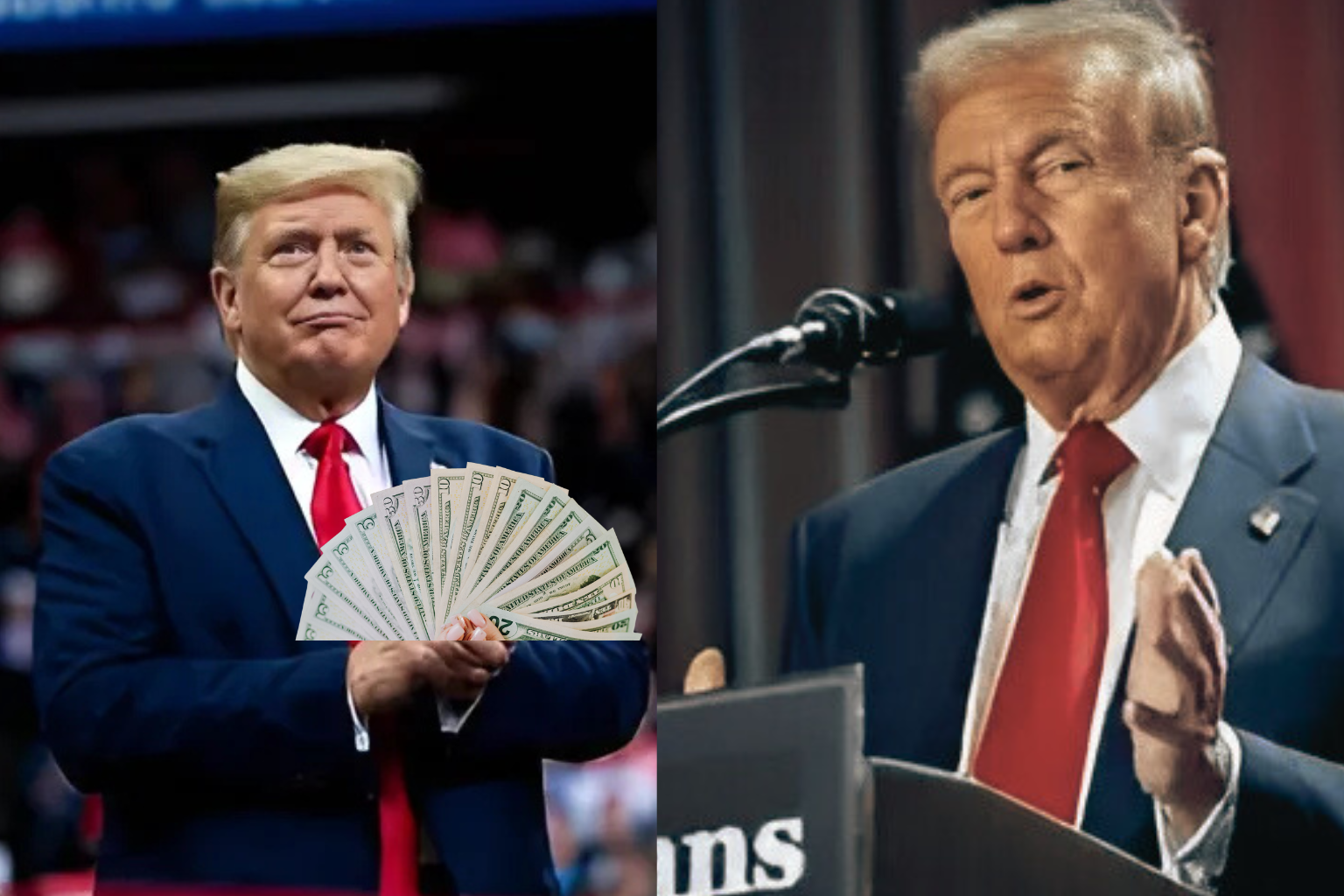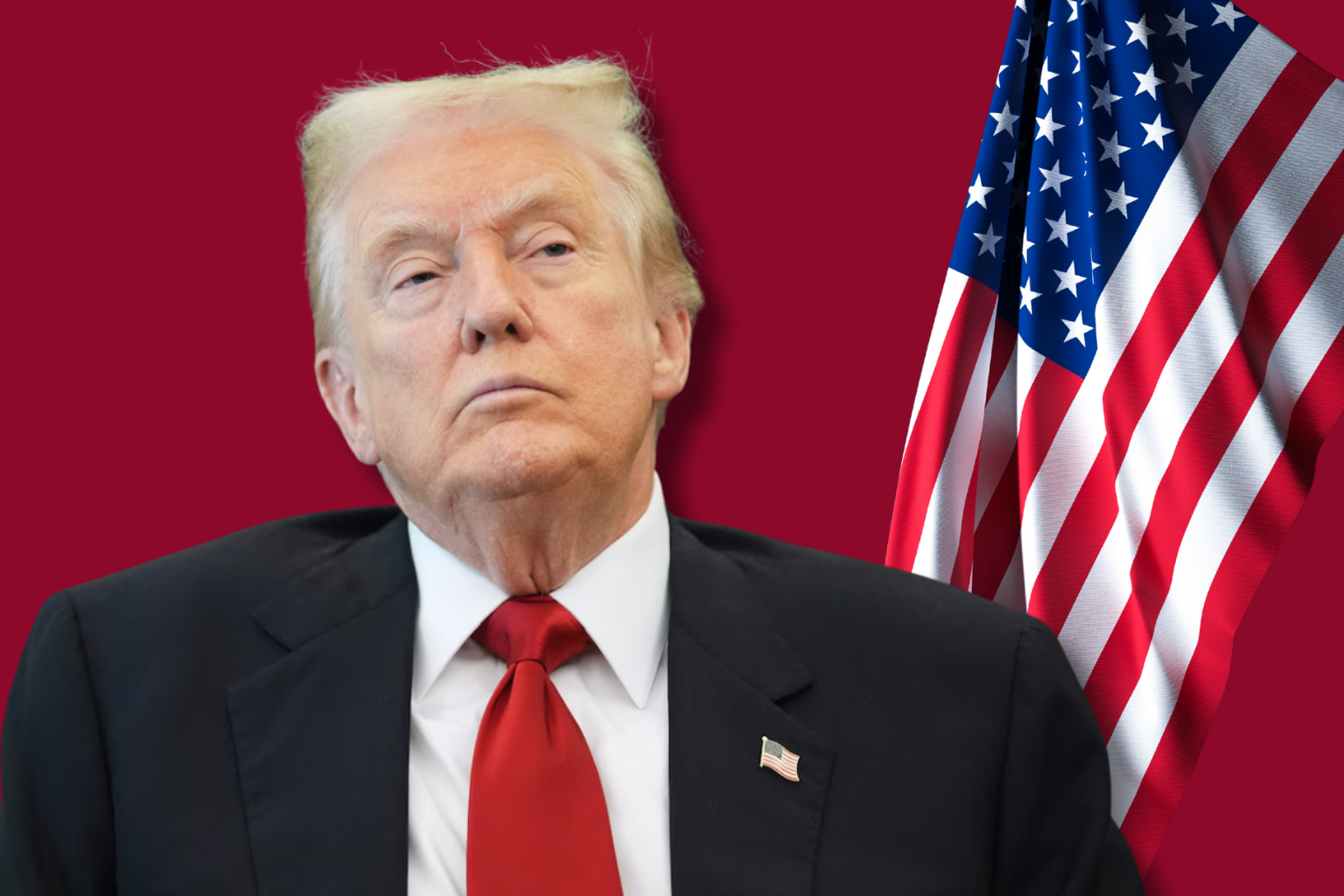Did Trump Really Donate His Presidential Salary? Here’s the Full Story Behind the Claim

Trump Repeats Bold Salary Donation Claim—But History Tells a Different Story
Former President Donald Trump is once again making headlines after declaring that he is the only president—aside from George Washington—who gave up his entire salary while serving in the White House. But is this claim fully accurate? A closer look at history suggests otherwise.
In a recent post on his platform, Truth Social, Trump stated,
“I am proud to be the only President (with the possible exception of the Late, Great George Washington) to donate my Salary.”
While this message may sound like a grand gesture of patriotism and selflessness, it leaves out several important facts about past presidents who also declined to pocket their official earnings.
What History Actually Says
Before Donald Trump entered the political spotlight, both President Herbert Hoover and President John F. Kennedy also chose not to accept their presidential salaries. Hoover, a wealthy businessman long before stepping into office, gave away his entire salary to various charities and government causes during his time in office from 1929 to 1933.
Similarly, JFK, whose family wealth was well known, donated his presidential pay to charitable organizations as well. Though Kennedy did keep a $50,000 annual expense account for official entertainment purposes, his salary itself was given away, just like Hoover’s.
Even George Washington, the nation’s first president, originally declined the $25,000 salary offered to him by Congress—but later accepted it to avoid setting a precedent that might discourage less wealthy individuals from seeking the presidency.
Trump’s Personal Claims and White House Renovation Plans
In addition to boasting about his salary donation, Trump also revealed he had given his first paycheck to the White House Historical Association. He shared that the funds were directed toward what he describes as much-needed renovations to the White House, calling it a “beautification” effort not seen since the early days of the nation.
According to Trump, major updates are already underway, including the restoration of the Rose Garden and upgrades to both the North and South Lawns. He also hinted at more to come—like building a new ballroom for large state events, an idea he’s floated for months. The current East Room, the White House’s largest event space, holds only about 200 guests, which Trump believes is too small for modern diplomatic gatherings.
Trump, a longtime real estate developer, has also made major changes inside the White House, including redecorating the Oval Office with gold accents, cherubs, and large flagpoles.
Trump’s Business Activity Raises Eyebrows
While Trump’s salary donation has often been used to portray his commitment to public service, critics note that he and his family have financially benefited from the presidency in other ways. From the launch of a Trump-themed cryptocurrency (a “meme coin”) to continued business promotions, including a new golf course in Scotland, the Trump brand has remained active throughout and after his presidency.
Many ethics experts have questioned whether Trump’s refusal to take a paycheck balances out the wider financial gains he’s seen thanks to the visibility and power of the Oval Office.
Conclusion
Although Trump did indeed donate his presidential salary, the idea that he’s the only president to do so isn’t backed by history. Both Hoover and Kennedy made similar sacrifices decades ago. And while Trump’s renovation efforts and business ventures continue to make waves, it’s important to separate fact from fiction when it comes to presidential claims—especially in today’s political climate.
Sources:




